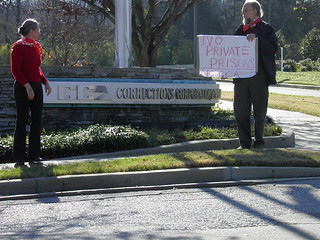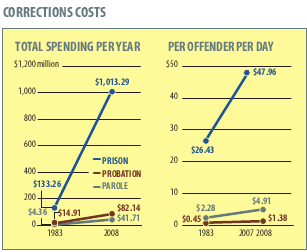 State Court Judge John Edwards came before the Lowndes County Board of Commissioners
to ask them to begin the process of asking for an additional State
Court Judge for Lowndes County. An additional State Court Judge
would have to be authorized by the Georgia Legislature, then filled
initially by an appointee by the Georgia Governor.
State Court Judge John Edwards came before the Lowndes County Board of Commissioners
to ask them to begin the process of asking for an additional State
Court Judge for Lowndes County. An additional State Court Judge
would have to be authorized by the Georgia Legislature, then filled
initially by an appointee by the Georgia Governor.
At this morning’s Work Session, the Judge noted that with the recent reforms enacted by the Georgia Legislature, many crimes previously classified as felonies are now classified as misdemeanors. This has reduced the burden on the Superior Courts and on the prison populations (a good thing) however, it has raised the load on the State Court without an increase in resources.
Here’s Part 1 of 2:
Continue reading






 the like. We know that they work. We know the recidivism rate, if they go
through those approaches rather than directly into the prison system. We
have less recidivism. We break the addictions, and we’ve got to work
very closely on that.”
the like. We know that they work. We know the recidivism rate, if they go
through those approaches rather than directly into the prison system. We
have less recidivism. We break the addictions, and we’ve got to work
very closely on that.”


